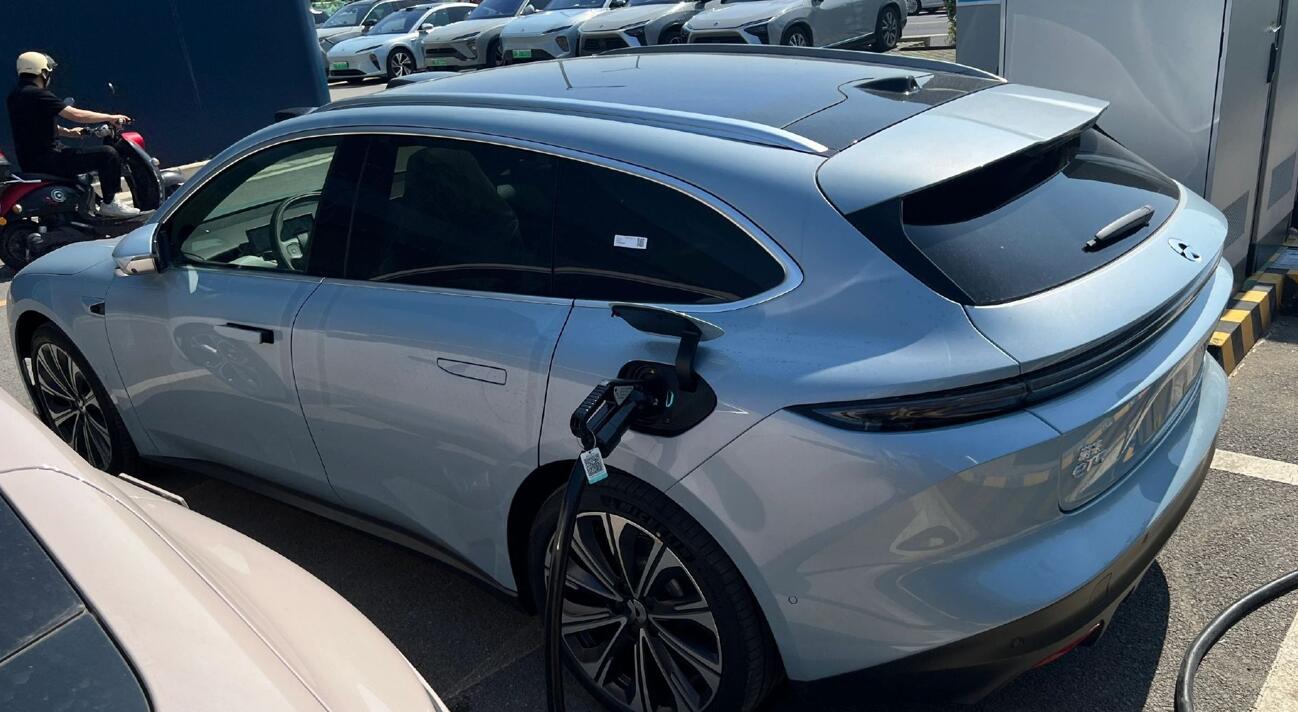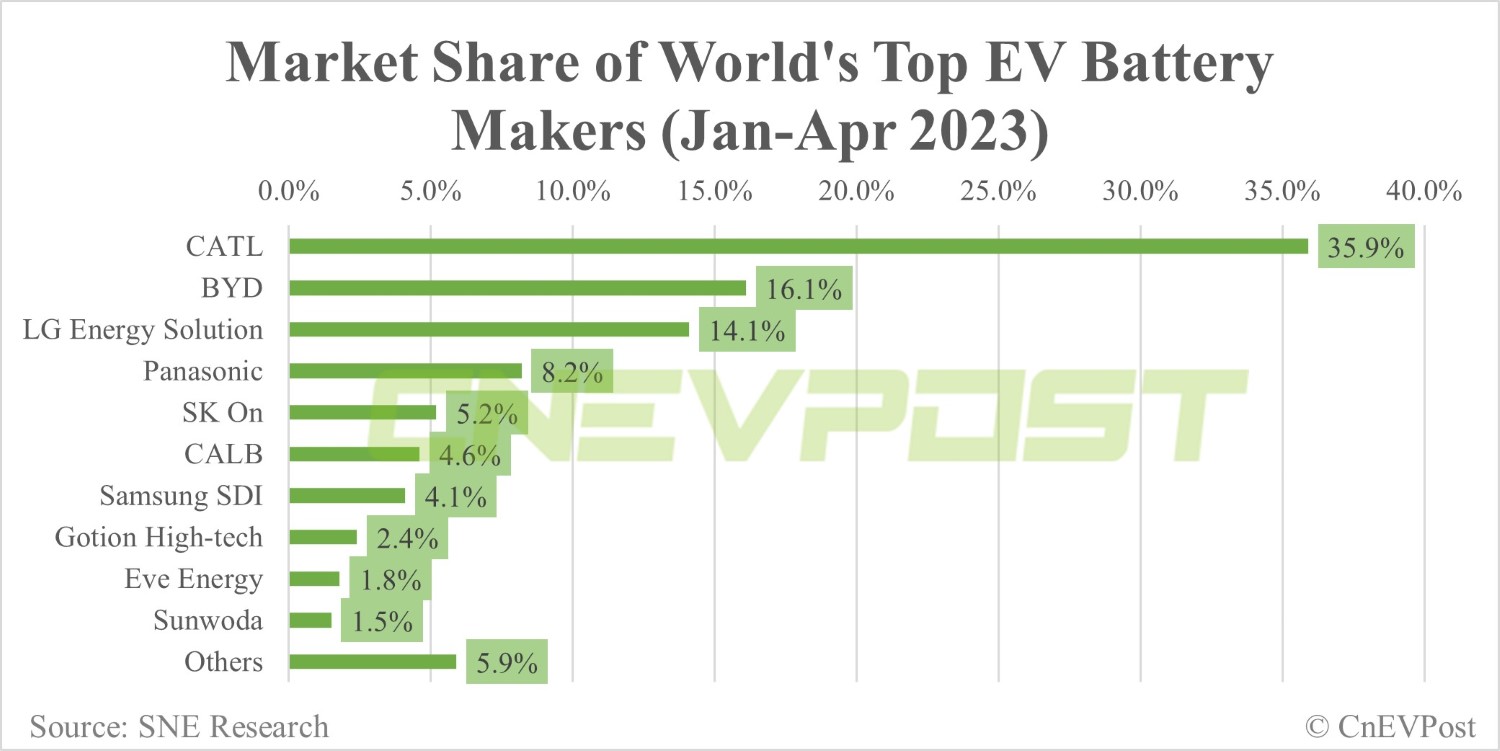The Mustang Mach-E team will be integrated back into Ford China and the separate entity running the project will be written off in the future, according to local media.

(Image credit: Ford Mustang Mach-E Weibo)
Ford once had high hopes for the Mustang Mach-E's performance in China and set up a separate entity to run the line.
Now, after a long period of weak sales, the US auto giant is reportedly scaling back its ambitions for the program.
Ford China is recently undergoing an organizational restructuring that will see the Mustang Mach-E team integrated back into Ford China and the separate entity that runs the program written off in the future, local media outlet Jiemian said today, citing several sources familiar with the matter.
The organizational restructuring will involve more than 2,000 employees and is expected to be completed in July, according to the report.
Because Mustang Mach-E sales are so poor, the separate company will have trouble taking on losses for long, a person familiar with the matter said.
The integration of the team does not mean the Mustang Mach-E will be withdrawn from China, and the model will continue to be produced by Changan Ford, Ford's joint venture in China, according to the report.
Ford launched the Mustang Mach-E in China in April 2021, with the first deliveries coming on December 26 of the same year.
Zhu Jiang, then head of the program, joined Ford China in June 2020 and was responsible for Mach-E-related operations and management of marketing, PR, sales, service and customer experience.
Zhu joined NIO as vice president of user development in March 2017 and left in March 2020.
In November 2021, Zhu left Ford to join Jidu Auto, Baidu's car-building arm, and earlier today, Jiemian reported that Zhu had left Jidu to join Lucid Motors.
Ford had high hopes for the Mustang Mach-E, setting up a company called Ford Electric Mach Technologies, or FMeT for short, in September 2022.
It was the first independent company in the Chinese market to be established by a foreign auto brand with a deep focus on the development and operation of smart electric vehicles to fully accelerate electrification and intelligence development, Ford said at the time.
Ford will build on its strong R&D capabilities to create products that meet the needs of Chinese consumers, it said.
But Mustang Mach-E sales in China have been weak, well below those of China's major electric vehicle startups.
Mustang Mach-E sales peaked at 1,535 units last December and then declined, selling just 332 units in April, less than a fraction of rival Tesla's Model Y, Jiemian's report said.
Notably, last December's sales peak appears to have been driven by incentives introduced by Ford.
On October 24, 2022, Tesla lowered the prices of the entire Model 3 and Model Y lineup in China, with the entry-level, rear-wheel-drive Model Y's subsidized starting price dropping to RMB 288,900 ($40,610), down from the previous 316,900.
A few days later, on October 31, Ford announced a price cut for the entire Mustang Mach-E lineup in China, with the subsidized starting price dropping from RMB 275,900 to RMB 249,900.
China's purchase subsidies for NEVs expired at the end of 2022 and had not been renewed.
($1 = RMB 7.1140)
Ford offers up to $5,740 discount on Mustang Mach-E in China
The post Ford scaling back ambitions for Mustang Mach-E in China amid poor sales appeared first on CnEVPost.
For more articles, please visit CnEVPost.




















